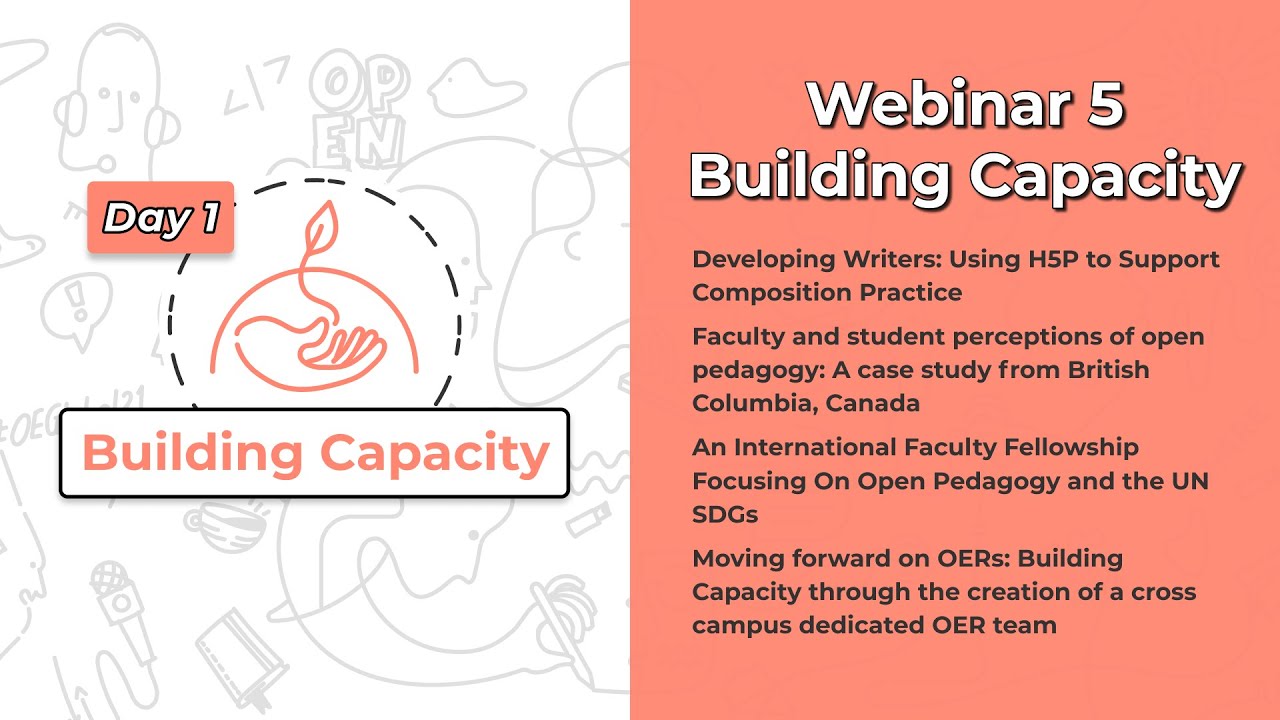Michelle Brailey (University of Alberta Library), Lauren Stieglitz (University of Alberta Library), Sarah Shaughnessy (University of Alberta Library)
The University of Alberta Library has supported the development and use of Open Educational Resources (OER) for a number of years, but 2020 led to significant growth in our OER activities. With the rapid onset of emergency online teaching and learning requirements, we saw a dramatic increase in demand for promoting, locating, and creating OER. To respond to our campus needs during this time, we sought to increase capacity for OER both within and outside of the library. This work began as an ad-hoc group to identify high demand textbooks and locate OER to replace existing course materials; it has since been formalized and expanded with the establishment of an Open Education team empowered to coordinate with stakeholders such as the Copyright Office, Centre for Teaching and Learning, Students’ Union and the Library. Within the library, the team has been building capacity amongst staff to find OER for instructors and promote OER as a replacement for existing course materials. We also host an instance of Pressbooks which enables instructors to use, adapt, or create OER. Externally, our role is to strategize with stakeholders across campus and contribute to OER promotion and open educational events. This webinar presentation will discuss the formation of our Open Education team and the strategies we are using to meaningfully build capacity for OER at the University of Alberta. In addition, we will share advice for those hoping to implement a similar program involving multiple stakeholders.
Extended abstract: OE_Global_2021_paper_58.pdf 📄
Webinar Information
This presentation is part of Webinar 05 Building capacity taking place in your local time → .
Webinar Access* (registered conference participants only):
![]()
![]() Go to Webinar 05
Go to Webinar 05
UNESCO OER Action Area: Building capacity
Language: EnglishSee the other presentations that take place in this webinar.
Presentation Recording
Participate
Before the webinar the authors will be asked to reply below with links to their presentation materials, related videos, and other relevant links, as well as prompts for discussion here.
For anyone that missed the live session, an archive will be posted here as soon as possible.
Conference participants are urged also to reply below with questions, comments for the presenters or to share related resources.
